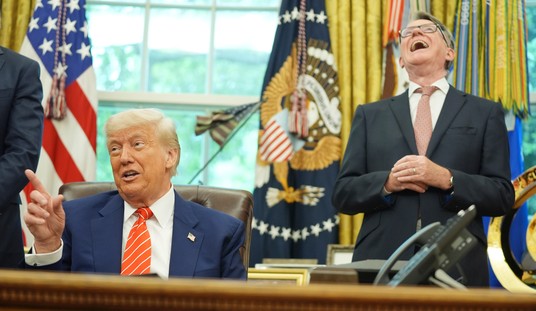A number of websites have “gone dark” in order to call attention to the SOPA/PIPA bill. It’s been called an Internet strike to protest a measure which allegedly promotes censorshhip. Bill Reader examines both bills and concludes that under the color of protecting intellectual property “the potential for censorship is strong”. It’s like a gun that could be fired. The argument will be that it isn’t going to be turned on the average guy, but that depends on who does the pointing. Reader says, “it could also reasonably be argued this will have little effect on the experience of the average American. It would depend largely on how restrictive the government chose to be.”
“How far will the government push things?” While that answer is not readily forthcoming, the dozen or so pages where the rules are laid out for how service providers, search engines, payment networks, and advertizing services will be required to deal with foreign infringing sites are not encouraging …
What if I do not believe my site is used for illegal activities? Or I believe it could be used for illegal activities, but the probability of it happening is low? Answer: according to this section, I am automatically considered to be stealing. You don’t need to be a lawyer to see an obvious catch-22. This section happens to restrict suits to copyright holders, but it’s a small consolation when crony capitalism is rife: if the government wanted to exploit this power, it certainly could.
There is a lot of money and power to made by shaping the Internet to favor specific interests. Reader believes that the government is going to force this through one way or the other, either openly or covertly, in one piece or by sections, now or later. There are just too many ‘problems’ — er, opportunities — waiting to be ‘fixed’ — that is, exploited, for the bees to stay away from the honey for any length of time. He writes:
My guess is that legislators are hoping that if one fails the other will get through. A similar process was used to force Obamacare, except that process used two substantially different bills that had passed and then (illegally) used the reconciliation process to combine them. Of course, when it comes to two-bill tactics, the Obama administration wrote the book. Or rather, it wrote two books, in case they needed to throw one book under the bus due to public outcry.
SOPA and PROTECT-IP could still go that route, potentially, since there are differences in the bills. More likely, I suspect that legislators will let one bill fail gracefully and then intentionally confuse the matter until the other bill can slip through under the radar. Legislators have the odd belief that once a bill is passed it disappears.
This is one bill that pits even parts of the Left against a liberal President, probably because they know it is potentially the first act in an internal power struggle.
But one or two day ‘strikes’ aren’t going to do much as a long as the forces which are creating a gargantuan and intrusive state are at loose. The administration may simply wait the ‘Internet strike’ out and try again until they get what they want. An activist government wielding ever-growing tools of central planning has its own dynamic. The rise of favored groups is an essential feature of a highly regulated economy.
The process is often simple. Find a bogeyman — corporations will do — and by “fighting it” get the power to pick winners and losers whether in health care, finance, energy and the Internet. And soon all problems will be ‘fixed’.
The left should have realized that any leadership that is given license to make things ‘fair’ will eventually get around to giving them a dose of the same medicine, until only a tiny circle of power is exempt; and then only at the pleasure of the Leader Maximus. The exact same process that creates a Vanguard creates the Gulag. That is the fearful symmetry.
As Gerald Ford once put it, “a government big enough to give you everything you want, is strong enough to take everything you have.”
How to Publish on Amazon’s Kindle for $2.99
The Three Conjectures at Amazon Kindle for $1.99
Storming the Castle at Amazon Kindle for $3.99
No Way In at Amazon Kindle $3.99, print $9.99









Join the conversation as a VIP Member